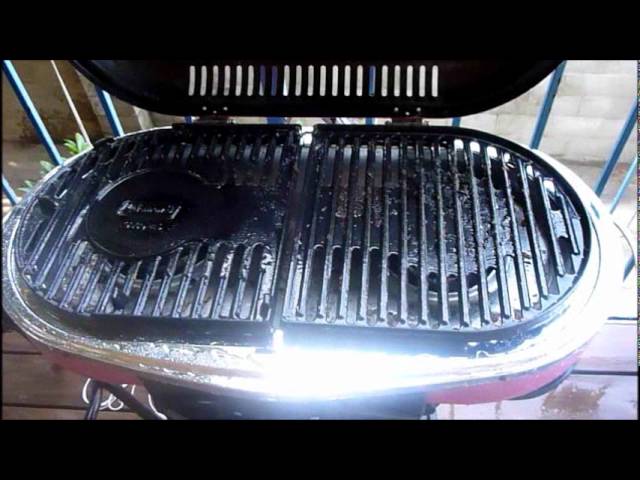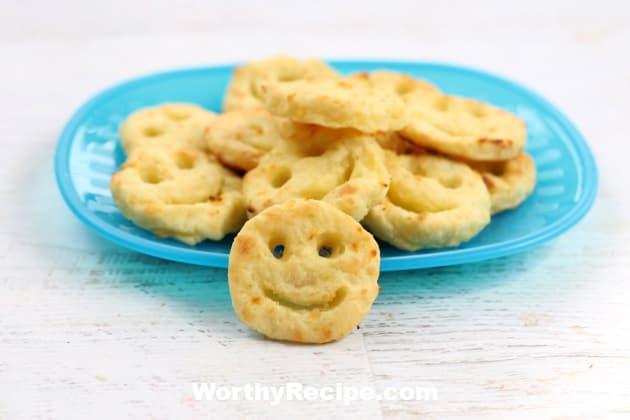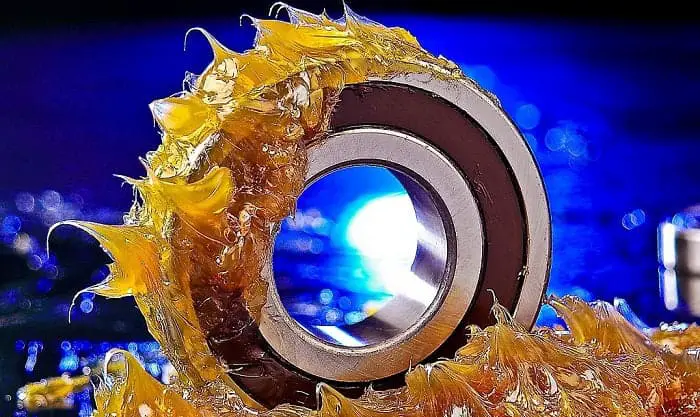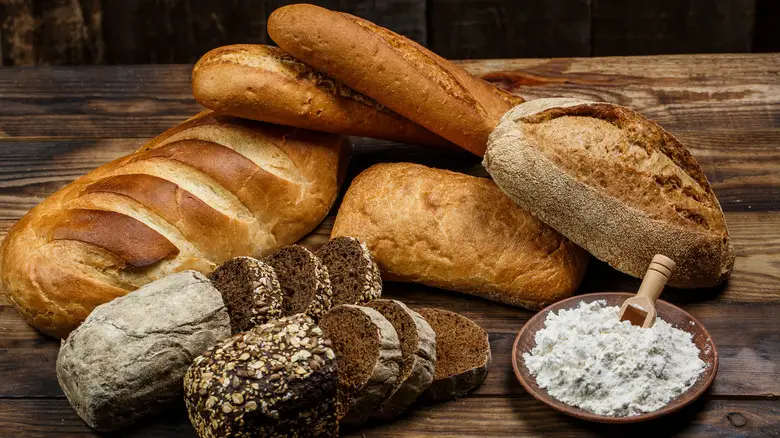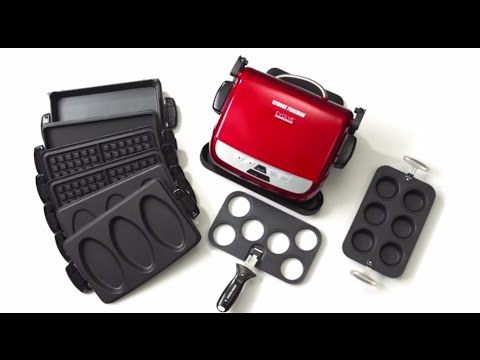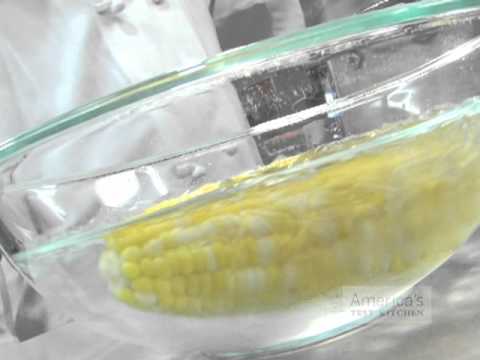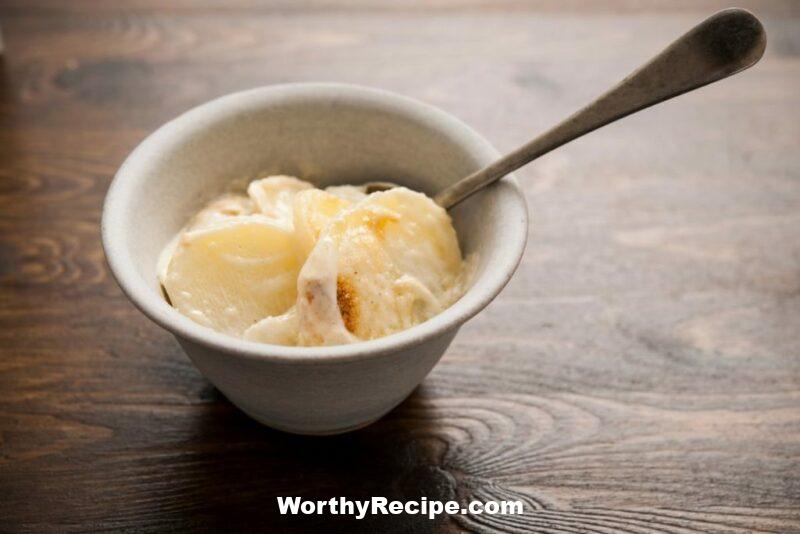Can You Use Easy Off on the Grill?
Cleaning your grill is an essential part of maintaining its longevity and ensuring that you create delicious and safe meals every time. Leaving a grill to build up with grime, grease, and leftover food particles produces an unpleasant environment that can affect the taste of your dishes as well as pose a health hazard. One of the most popular cleaning options today is “Easy Off.” It’s effective, affordable, and easy to apply. But is it safe to use on your grill? This article aims to provide insights into its suitability for use when cleaning your grill.
What is Easy Off?
Easy Off is a common brand for cleaning agents that have established their place in many households today. People use this cleaning agent to remove tough stains and grease from ovens, microwaves, and now grills. This chemical cleaner works by breaking down stubborn grease that accumulates over time on metal surfaces such as stovetops, ovens, and grills.
The Easy Off brand offers various products that cater to different cleaning needs like the heavy-duty oven cleaner, foaming oven cleaner, fume-free oven cleaner, cooktop cleaner, BBQ grill cleaner & degreaser. While using the different types of Easy Off agents offers convenience while removing dirt from various surfaces in your home, it’s advisable to note that its application comes with certain safety precautions.
Safety Precautions When Using Easy Off
Like any other chemical product used in our home’s care and maintenance routines, handling and using Easy Off calls for caution. Here are some safety tips when using this chemical agent:
- Easy Off contains strong chemicals that can irritate or burn the skin or eyes so ensure you wear gloves during appication
- Ensure you have plenty of ventilation when using the spray, especially if your grill is indoors.
- Avoid inhaling the fumes it emits by wearing a mask that covers your nose and mouth.
- Use baking soda to neutralize any remaining acid.
What are the Different Types of Grills?
The type of grill you have will influence the product you use to clean it. Generally, grills come in three types: gas, electric, and charcoal.
Gas Grill:
Gas grills are a popular option for outdoor cooking. They operate using propane or natural gas to heat grilling surfaces. Most gas grills are either lightweight or heavy-duty and come with features such as temperature control knobs, side burners, and warming racks. Gas grills are typically made with various types of metal- stainless steel, cast iron aluminum depending on the quality.
Electric Grill:
Electric grills utilize electricity to generate heat and cook meat compared to open flame cooking methods like gas or charcoal. These grills are popular for indoor cooking because they don’t emit smoke or carbon monoxide into your home.
Charcoal Grill:
A charcoal grill is another widely used type of kitchen machine for outdoor barbecue activities. Traditionally charcoal was burned in small piles on the bottom rack of the box-like structure to generate heat and smoke for cooking all kinds of meats. Modern charcoal-based grills have many features like air vents and container ash pans that simplify usage and storage.
Challenges in Cleaning Grills
Cleaning a grill has never been easier when using specialized cleaning agents like Easy Off. However, there remain some challenges when cleaning a grill, primarily due to unavoidable factors like the weather, cooking frequency and type of food cooked on it.
The primary challenge comes when trying to get rid of tough grime that has accumulated over time in hard-to-reach places. There’s also the risk of rust developing on your grill components, which shortens its lifespan. Scratches and stubborn stains can be caused by rough scrubbing that damages the grill’s coating, resulting in corrosion – reducing the lifespan of your expensive appliance.
Chemicals Used for Grill Cleaning
Not every home cleaning solution is suitable for cleansing a barbeque grill since this device plays host to leftover carbon deposits that comprise carcinogens, creating significant health risks. Barbeque enthusiasts use various chemical solutions for cleaning a grill such as citric acid-based cleaners for removing grease stains from the grates while baking soda and vinegar solutions can neutralize sweat smells.
The application of Easy Off removes most stubborn stains and fatty residues finally resulting in a glowing clean cooking surface. The main components of Easy Off include sodium hydroxide, monoethanolamine, sodium lauryl ether sulfate, propylene glycol butyl ether, sodium bicarbonate, monosodium phosphate dihydrate,& tripropylene glycol methyl ether.
Is it Safe to Use Easy Off on a Grill?
Using Easy Off on your grill is safe as long as you follow the instructions it comes with cautiously. It is designed specifically for industrial cooking equipment like ovens and grills for professional kitchens hence may contain some strong chemicals. Therefore before embarking on using this product, ensure it’s appropriate for use on your specific grill type.
Suppose you are usiong easy off spray. In that case, it’s strongly advised to avoid spraying any other areas outside the zone since the cleaners may bleach out the paint of some surfaces, such as decorative tiles that surround your grill. The chemical composition of Easy Off spray requires that you use gloves when applying to people with sensitive skin types prone to allergies or asthma. Still, it’s best to first consult a medical expert.
Correct Usage of Easy Off on Your Grill
It’s indispensable to be mindful of the procedure of using Easy Off or any cleaning agent for your grill before application to avoid accidents and effectively removing dirt and grime. Here is how you can use Easy Off:
- Get your safety gear-When handling easy off or other chemical cleaning agents wearing gloves, a face mask, and goggles protect you from inhaling fumes and splatters on your eyes.
- Remove debris-Remove remains as much food particles and grime residue left on the grill surfaces before cleaning.
- Pour out some easy off-Spray Easy Off moderately onto each part of the grill surface until every section is well coated with the spray.
- Wait for 5-10 minutes– Let the cleaner sit for at least 5 minutes to allow it to react with dirt and grime residues for maximum efficiency.
- Scrubbing-Spend enough time scrubbing each surface with a soft-bristled brush, especially in difficult-to-reach areas such as around hinges and corners.
- Rinsing with running water– Use clean water to rinse using someone might elect to just use a bucket of water but rinsing with running water has proven to be more effective with far better results.
- Dry up– Outdoors, the sun might be enough to dry the grill, but that’s not always the case. Depending on the type of grill, you can use a clean towel or cloth or leave it to hang out to dry.
Alternative Methods to Clean Your Grill
Before using Easy Off on your grill, there are alternative cleaning methods that prove effective when removing dirt and grime residues without the use of strong chemicals.
For metal components, stainless steel polish can help repel buildup while protecting against rust while for other components like burners its recommended to use vinegar which works great in removing dirt and dissolved carbon deposits.
Important Factors That Dictate How You Should Clean Your Grill
The location and frequency of usage dictate the level of build-up on your grill as well as determining which claning methods will deliver optimal results for you.
Location:
If your grill is outdoors and exposed frequently to elements like snow, rain, wind, or sunlight – this may affect the accumulation of debris on the surfaces.
Type of Food:
Tough meat will leave more grime on metal surfaces than fish or vegetables. Therefore if you are someone who cooks meat in large quantities opting for a natural solvent formula would be advantageous since it has a lower risk of etching your grills parts.
Frequency of Usage:
If you only use your grill once in a while, you may not require intense cleaning sessions since there wouldn’t have been enough time for debris accumulation. But if you tend to cook larger portions regularly breadings and other hard-to-clean fatty residue may accumulate faster, requiring a heavy-duty cleansing agent like Easy Off.
A Step-by-Step Guide on how to Use Easy Off on Your Grill
For best results, it’s always recommended that you follow the instructions provided by the cleaning agent concerning its usage. Here is a step-by-step guideline on how to use Easy Off:
Step 1: Preparing your grill
Before you apply Easy Off, ensure your grill is cool, and all grilling accessories like cooking grates and charcoal racks are removed from the grill.
Step 2: Application of Easy Off
With gloves on, spray Easy Off moderately onto each part of the grill surface until every section is well coated with the spray. It’s best to avoid spraying any area outside of your target cleaning zone.
Step 3: Leave it to sit for some minutes
You should let it sit for up to ten minutes to allow maximum efficiency before wiping clean.
Step 4: Scrubbing
The cleaning process requires proper scrubbing with a soft bristle brush so that the cleaner can remove greasy dirt effectively and penetrate into hard-to-reach areas around hinges and corners.
Step 5: Rinsing
Rinse using running water. Rinsing your grill with a bucket of water may not be enough. Running water will get rid of all excess residue that may have been left after scrubbing.
Step 6: Drying Up
The final step is drying up the newly cleaned surface. You can either wipe with a clean cloth or leave it out in the sun.
Conclusion
Cleaning your grill is an essential aspect of maintaining its longevity and ensuring that it remains safe for use. There are various cleaning agents and methods you can use, but Easy Off has proven to be a popular option for most people due to its effectiveness in removing tough grime and residues from grills.
However, it’s important to take necessary safety precautions and make sure that you use the correct product for the specific type of grill you’re using. Alternatives like scrubbing with vinegar or baking soda may also work effectively, depending on factors like your location and frequency of grill usage.
So, while there’s no one-size-fits-all approach to cleaning your grill – what is most important is that you invest the time and effort to keep your grill clean regularly. The more consistently you do this, the better your grilling results will be in taste and quality.
References
- Gibson, C. (2019). “How to Clean Your Grill Using Easy-Off Bam.” Taste of Home
- Lane, M. (2017). “8 things you should never clean with vinegar.” Reader’s Digest
- Oakley, N. (2020). “How to Clean a BBQ Grill with Easy-Off Barbecue Grill Cleaner.” Home Guides
1. Can you use Easy-Off to clean a grill?
Yes, you can use Easy-Off to clean your grill. In fact, it is one of the most effective and easiest ways to get rid of grease and grime buildup on your grill grates and interior surfaces. However, make sure you follow the instructions carefully and use it outdoors in a well-ventilated area.
2. Is Easy-Off safe for food preparation surfaces?
Easy-Off is not recommended for use on food preparation surfaces such as countertops, cutting boards, or kitchen appliances that come in contact with food. If you accidentally spray it on such surfaces, make sure to wipe it off thoroughly with water before using them again.
3. How long do I need to wait before using the grill after cleaning with Easy-Off?
It is recommended to wait for at least 24 hours after cleaning your grill with Easy-Off before using it again. This will ensure any residue from the cleaner has been effectively removed and the grill is safe for cooking.
4. How often should I clean my grill with Easy-Off?
The frequency of cleaning your grill depends on how often you use it and how much buildup of grease and grime you notice. However, it is recommended to give your grill a deep clean with Easy-Off at least once a year to maintain its performance and extend its lifespan.
